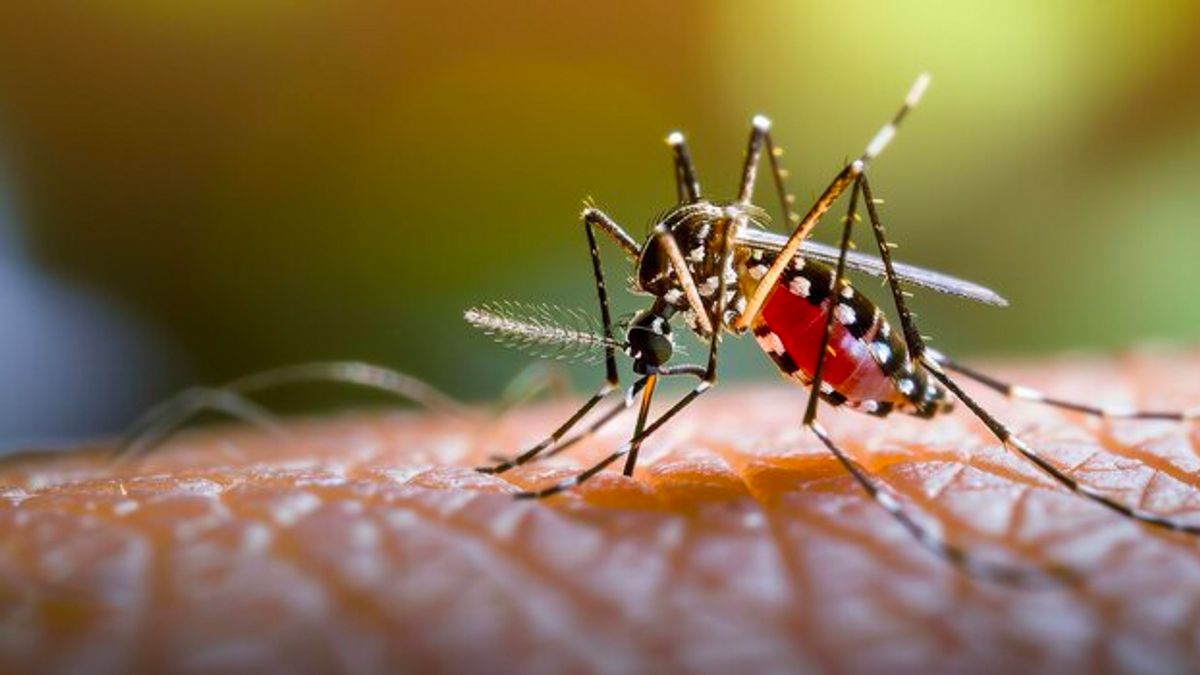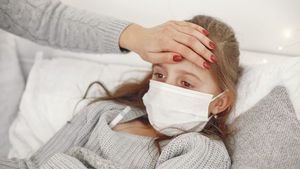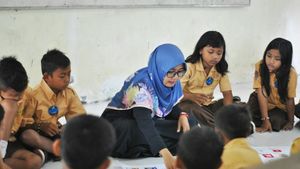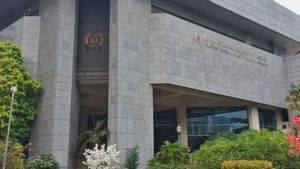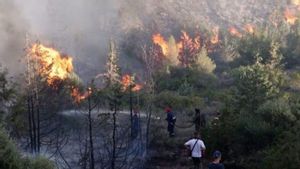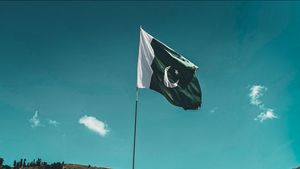The rainy season not only brings changes in temperature and atmosphere, but there is also something to watch out for, namely serious threats to health, such as dengue hemorrhagic fever (DHF).
This disease has always been a scourge every rainy season arrives, especially in tropical areas such as Indonesia. In this case, Epidemiologist from the University of Indonesia (UI) Dr. dr. Tri Yunis Miko Wahyono, MSc, reminded the public to always be aware of the risk of dengue hemorrhagic fever (DHF) in the rainy season by maintaining personal and environmental hygiene.
People must be aware of puddles. Used items that allow puddles should be eliminated and reduced," Tri Yunis said as quoted by Antara.
Miko explained that dengue fever usually increases cases at the beginning and end of the rainy season. At the beginning of the rainy season, high rainfall causes ideal standing water for breeding of Aedes aegypti mosquitoes.
However, when the rain stops or decreases, this mosquito tends not to be able to fly far away, so that the spread is limited.
On the other hand, at the end of the rainy season when rainfall begins to decrease, mosquitoes become active again and can spread more widely. This is why the peak increase in dengue fever cases often occurs between November and December, as well as March to June.
Therefore, he appealed to the public to be vigilant by implementing a clean and healthy lifestyle by draining water reservoirs, closing water reservoirs, recycling various goods that have the potential to be used as breeding grounds for mosquitoes (3M).
To reduce dengue fever cases (DHF), according to a lecturer at the UI Faculty of Public Health, various efforts or interventions are needed at the same time.
There is not a single solution that can solve this problem. Some steps can be taken include vaccination, implementation of the 3M program, and the use of mosquito medicine. Everything must be used," he said.
SEE ALSO:
Furthermore, he conveyed that preventive measures needed to be carried out comprehensively to achieve maximum results. According to him, vaccination can be very effective, especially for those who have never been infected with the dengue virus.
This vaccine helps protect individuals from the possibility of contracting dengue fever in the future. However, for those who have been infected, vaccinations can still be given, although with different rules.
For people who have been infected, vaccination only needs to be done once, not twice as recommended for those who have never been hit.
"All of these interventions must be carried out consistently and integrated, both by the government, society, and other sectors," he said.
The English, Chinese, Japanese, Arabic, and French versions are automatically generated by the AI. So there may still be inaccuracies in translating, please always see Indonesian as our main language. (system supported by DigitalSiber.id)
